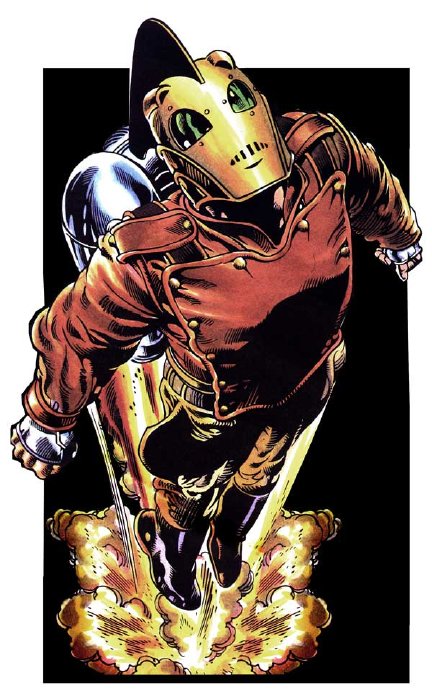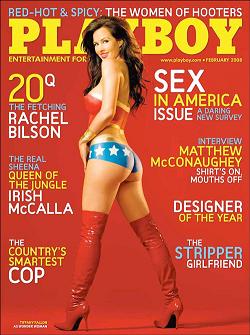Via Howling Curmudgeons comes the news that the heirs of Jerry Siegel have been given back part of the copyright on Superman:
The ruling specifically upheld the Seigels’ copyright in the Superman material published in Detective Comics’ Action Comics Vol. 1. The extent to which later iterations of the character are derived from that original was not determined by the judge.
In an unusually detailed narrative, the judge’s 72-page order described how Mr. Siegel and Mr. Shuster, as teenagers at Glenville High School in Cleveland, became friends and collaborators on their school newspaper in 1932. They worked together on a short story, “The Reign of the Superman,” in which their famous character first appeared not as hero, but villain.
By 1937, the pair were offering publishers comic strips in which the classic Superman elements — cape, logo and Clark Kent alter-ego — were already set. When Detective Comics bought 13 pages of work for its new Action Comics series the next year, the company sent Mr. Siegel a check for $130, and received in return a release from both creators granting the company rights to Superman “to have and hold forever,” the order noted.
In the late 1940s, a referee in a New York court upheld Detective Comics’ copyright, prompting Mr. Siegel and Mr. Shuster to drop their claim in exchange for $94,000. More than 30 years later, DC Comics (the successor to Detective Comics) gave the creators each a $20,000-per-year annuity that was later increased to $30,000. In 1997, however, Mrs. Siegel and her daughter served copyright termination notices under provisions of a 1976 law that permits heirs, under certain circumstances, to recover rights to creations.
What tends to be airbrushed out of the careful corporate histories of DC and Marvel, the socalled Big Two, is how much of their succes was built on outright stealing. Jerry Siegel and Joe Shuster losing control of Superman is only the best known example, but there’s also the way Kirby was treated by Marvel, were he lost control not just of his creations, but of his artwork as well! All those well known and well loved creations DC and Marvel pride themselves on were created by people who largely had to sign away their rights to them on the back of the checks they got for their work. Onetime payments only; toyalties were unknown in the comics industry until the early eighties…
It’s unfortunate that Siegel himself did not live to see this victory, but at least his heirs can now share some of the profits DC has made out of their father’s and husband’s creation.

